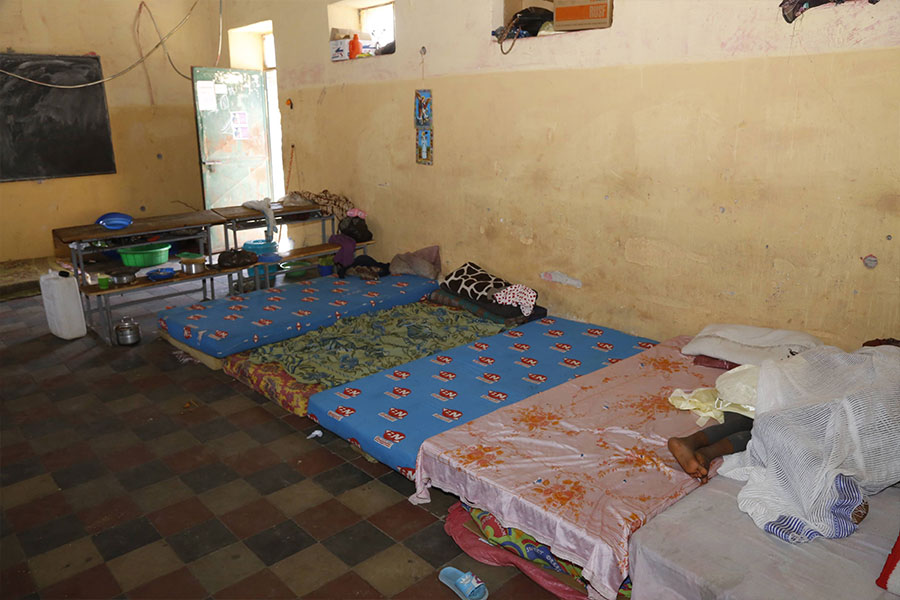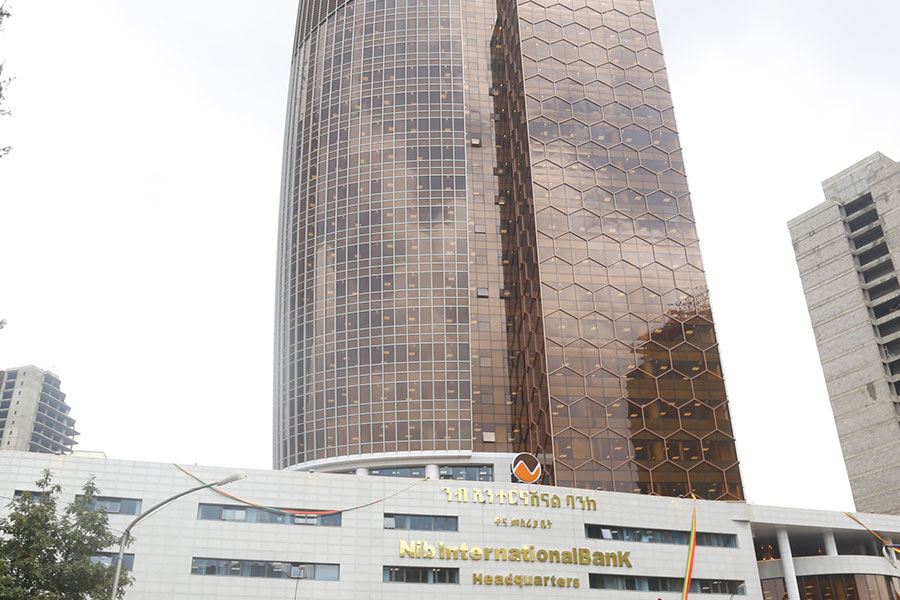
Life Matters | Aug 24,2019
Oct 26 , 2024
By Carolyn Kissane
There was a time when the allure of America captivated me, as it has for many peers chasing the famed American dream. Hollywood painted images of boundless opportunities, and I, too, imagined my future there—particularly with three uncles already residing in the States. Year after year, I tried my luck with the Diversity Visa Lottery, hoping for that elusive opportunity. Eventually, however, the notion of leaving became just that—a notion. As the years passed, I found a surprising peace in my life here in Ethiopia, grounding myself in the familiar and abandoning thoughts of relocation.
Though the spark to explore the world lingered, I grew to understand that my heart belonged here. This was not about blind patriotism, but a feeling of comfort within my surroundings. The idea of starting fresh, forging new relationships, and immersing myself in an unfamiliar culture felt daunting. I believed I could thrive anywhere, but the energy for such a transition seemed formidable. What truly rooted me was the support of family and friends—an unbreakable safety net that would catch me through any challenge. Those bonds were irreplaceable, and I would not trade that sense of belonging for anything.
Lately, however, my husband and I have been rethinking this stance. Despite not being an Ethiopian national, he cherishes this country as his own. Still, the instinct to consider a different future has been stirred, driven by our children’s needs and survival in a world of rising uncertainties. The prospect of leaving fills me with a certain dread. How would I adjust? How would I cope without Ethiopia’s simple comforts, like Injera, which I cannot imagine life without?
Meanwhile, social media has transformed a phrase written by a girl in her final moments into a catchphrase for migration, denoting a casual “let’s leave.” The phrase, once a powerful expression of despair, has morphed into a casual term associated with escape—a truth that echoes among many facing Ethiopia's economic struggles. It is a truth that echoes among many: life in Ethiopia has become painfully difficult.
I see a harsh reality. It is not a lack of love for a country that drives people to leave; it is inflation’s merciless grip that strains daily existence. The birr’s diminished value means that despite working harder, incomes barely cover escalating costs. Ethiopia’s financial burden leaves many struggling, and for some, the only answer seems to be seeking work elsewhere, even at the expense of property and livestock.
Many, like my own household helper who has been like family for three years, see no change on the horizon. Her dream is to work abroad for a few years, save up, and return to buy a home— in her hometown. This aspiration is common among friends and relatives seeking security beyond our borders.
The reality, however, is filled with hardship. Selling a home and spending half a million birr to attempt dangerous sea journeys is difficult to fathom. With such funds, a small business here might seem more practical, yet the perceived safety net of “out there” overshadows reason. These decisions reflect the desperation for change in their lives and the high cost of hope abroad, both financial and emotional.
In the end, this painful reality underscores a profound dilemma—a tug-of-war between wanting a better life and the bonds that root us here. If anything, it calls for an earnest commitment to improving the conditions that keep people close to their homeland. This is not just about retaining people, but about ensuring they can thrive where they call home.
PUBLISHED ON
Oct 26,2024 [ VOL
25 , NO
1278]


Life Matters | Aug 24,2019

Radar | Mar 19,2022

Viewpoints | Dec 11,2021

Sponsored Contents | Aug 16,2021

Commentaries | Mar 05,2022

Sunday with Eden | Oct 01,2022

Agenda | Mar 27,2021

Sunday with Eden | Sep 06,2020

Fortune News | Sep 04,2021

Life Matters | Nov 27,2018

Photo Gallery | 175623 Views | May 06,2019

Photo Gallery | 165843 Views | Apr 26,2019

Photo Gallery | 156217 Views | Oct 06,2021

My Opinion | 136838 Views | Aug 14,2021

Dec 22 , 2024 . By TIZITA SHEWAFERAW
Charged with transforming colossal state-owned enterprises into modern and competitiv...

Aug 18 , 2024 . By AKSAH ITALO
Although predictable Yonas Zerihun's job in the ride-hailing service is not immune to...

Jul 28 , 2024 . By TIZITA SHEWAFERAW
Unhabitual, perhaps too many, Samuel Gebreyohannes, 38, used to occasionally enjoy a couple of beers at breakfast. However, he recently swit...

Jul 13 , 2024 . By AKSAH ITALO
Investors who rely on tractors, trucks, and field vehicles for commuting, transporting commodities, and f...

Oct 18 , 2025
The political establishment, notably the ruling party and its top brass, has become p...

Oct 11 , 2025
Ladislas Farago, a roving Associated Press (AP) correspondent, arrived in Ethiopia in...

Oct 4 , 2025
Eyob Tekalegn (PhD) had been in the Governor's chair for only weeks when, on Septembe...

Sep 27 , 2025
Four years into an experiment with “shock therapy” in education, the national moo...

Oct 18 , 2025 . By NAHOM AYELE
In a sweeping reform that upends nearly a decade of uniform health insurance contribu...

A bill that could transform the nutritional state sits in a limbo, even as the countr...

Oct 18 , 2025 . By SURAFEL MULUGETA
A long-planned directive to curb carbon emissions from fossil-fuel-powered vehicles h...

Oct 18 , 2025 . By BEZAWIT HULUAGER
Transaction advisors working with companies that hold over a quarter of a billion Bir...